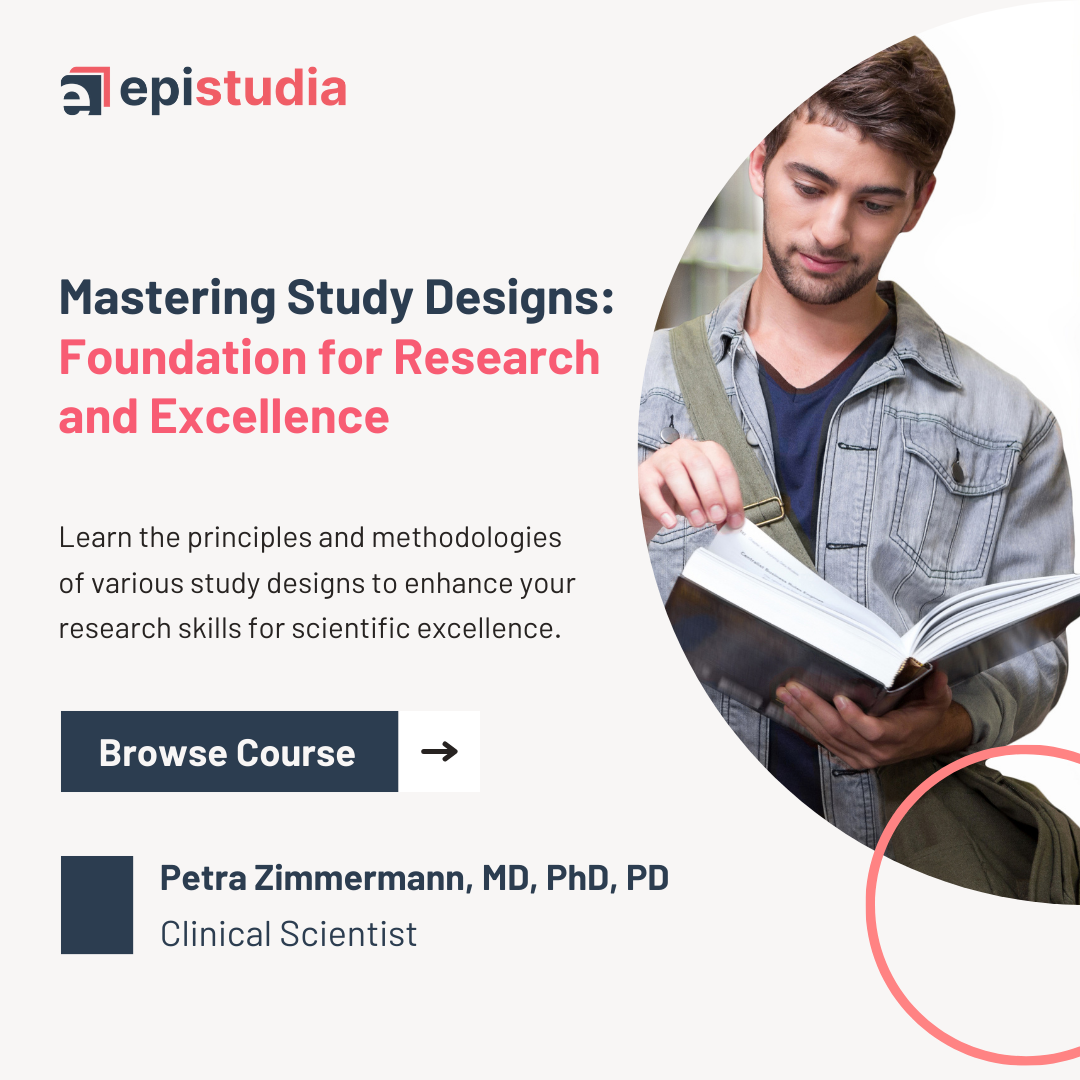Fundamentals of Study Design
In this course, participants will be introduced to the fundamental principles and methodologies of research study design. They will delve into a range of study designs, including experimental, observational (cross-sectional, case-control and prospective studies), and quasi-experimental approaches. Through engaging online lectures and hands-on exercises, students will acquire the skills to choose the optimal study design for their research. They will also gain insights into the advantages and drawbacks associated with various designs and learn different biases and methodological approaches to overcome them. By the end of the course, participants will have established a robust understanding of study design principles, equipping them to conduct rigorous and credible research within their respective fields. Target audience: graduate and undergraduate students in the biomedical and health sciences.
-
14 Videos
Always up to date -
Accredited by:

Do not miss!
For students only!
We believe in supporting students on their learning journey. Enjoy an additional 20% discount by simply sharing your student verification at learn@epistudia.com
Aims
Content
Methods
Target audience
Meet our lecturer
Petra Zimmermann, MD, PhD, PD
I am a Clinical Scientist trained in Infectious Diseases and Paediatrics, currently working at the University of Fribourg and the Fribourg Hospital in Switzerland. I trained at the University Children’s Hospital in Berne, Switzerland and at the Royal Children’s Hospital in Melbourne, Australia. In 2013, I completed my thesis ‘Diagnosis and Management of Travellers returning from a developing Country’ at the Clinic for Infectious Diseases and Travel Medicine at the University Hospital of Berne.
Write your awesome label here.

